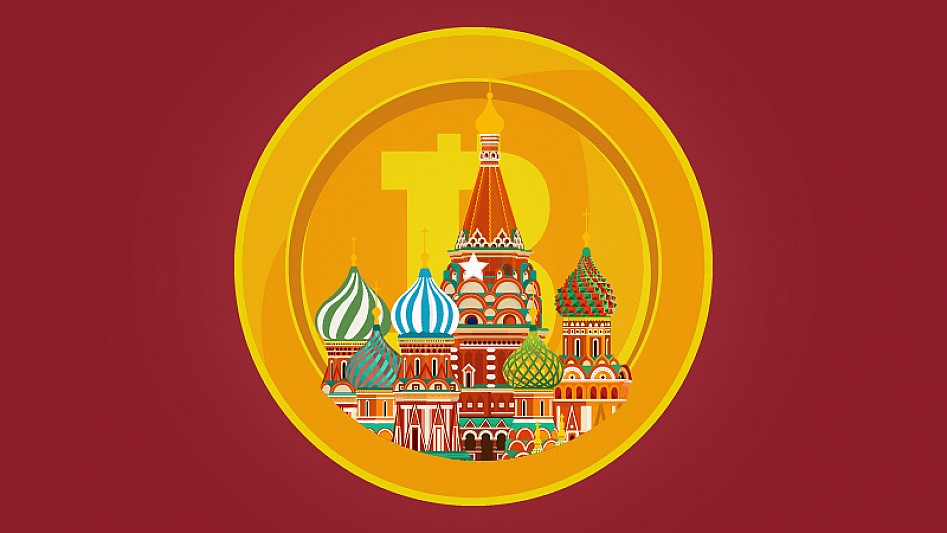Russia Eyes a High-End Crypto Trading Platform for Wealthy Investors
24.04.2025 13:20 2 min. read Kosta Gushterov
As global sanctions continue to isolate Russia from traditional financial networks, the country’s top financial bodies — the Central Bank and the Ministry of Finance — are preparing to launch a government-backed cryptocurrency exchange.
The platform, however, won’t be open to the general public. Instead, it targets only Russia’s wealthiest individuals.
The initiative marks a potential shift in Russia’s stance on digital assets, after banning crypto for payments in 2021. Finance Minister Anton Siluanov revealed the early details during a recent government meeting, signaling renewed interest in integrating crypto into the nation’s tightly controlled financial ecosystem.
Entry Requirements Favor Russia’s Wealthy Elite
If launched, the new exchange will cater to individuals meeting strict financial criteria. According to preliminary information, participants must either:
- Hold assets worth over ₽100 million (roughly $1.2 million)
- Earn more than ₽50 million (around $600,000) annually
These thresholds firmly limit access to Russia’s upper class, reflecting a cautious approach to reintroducing crypto under state supervision while still enforcing tight controls.
Crypto Comeback — But With Strings Attached
Although this move appears to signal a soft re-entry of crypto into Russia’s financial framework, full legal clarity remains elusive. There’s no confirmation yet on whether crypto payments will be legalized alongside trading. The government seems more focused on offering controlled trading options, potentially as a workaround to sanctions — while avoiding broader retail crypto adoption.
With nothing finalized, the initiative remains in its planning phase. But if implemented, it could reshape how Russia’s elite access international markets, all while navigating around the economic wall imposed by Western sanctions.
-
1
Canada Green-Lights First XRP ETF, Beating the U.S. to Market
17.06.2025 9:00 1 min. read -
2
Cardano Shows Signs of Recovery as Market Sentiment Turns Positive
17.06.2025 16:00 1 min. read -
3
Coinbase Brings Wrapped XRP and DOGE to Base for DeFi Integration
06.06.2025 13:00 1 min. read -
4
Uphold Wants to Pay Yield on XRP – Here’s the Work-Around
15.06.2025 19:00 2 min. read -
5
Public Company Makes Bold Bet on Ethereum With $463M Investment
13.06.2025 19:00 1 min. read
U.S. Bank Advises Clients to Drop These Cryptocurrencies
Anchorage Digital, a federally chartered crypto custody bank, is urging its institutional clients to move away from major stablecoins like USDC, Agora USD (AUSD), and Usual USD (USD0), recommending instead a shift to the Global Dollar (USDG) — a stablecoin issued by Paxos and backed by a consortium that includes Anchorage itself.
Vitalik Buterin Warns Digital ID Projects Could End Pseudonymity
Ethereum co-founder Vitalik Buterin has voiced concerns over the rise of zero-knowledge (ZK) digital identity projects, specifically warning that systems like World — formerly Worldcoin and backed by OpenAI’s Sam Altman — could undermine pseudonymity in the digital world.
What Are the Key Trends in European Consumer Payments for 2024?
A new report by the European Central Bank (ECB) reveals that digital payment methods continue to gain ground across the euro area, though cash remains a vital part of the consumer payment landscape — particularly for small-value transactions and person-to-person (P2P) payments.
History Shows War Panic Selling Hurts Crypto Traders
Geopolitical conflict rattles markets, but history shows panic selling crypto in response is usually the wrong move.
-
1
Canada Green-Lights First XRP ETF, Beating the U.S. to Market
17.06.2025 9:00 1 min. read -
2
Cardano Shows Signs of Recovery as Market Sentiment Turns Positive
17.06.2025 16:00 1 min. read -
3
Coinbase Brings Wrapped XRP and DOGE to Base for DeFi Integration
06.06.2025 13:00 1 min. read -
4
Uphold Wants to Pay Yield on XRP – Here’s the Work-Around
15.06.2025 19:00 2 min. read -
5
Public Company Makes Bold Bet on Ethereum With $463M Investment
13.06.2025 19:00 1 min. read


